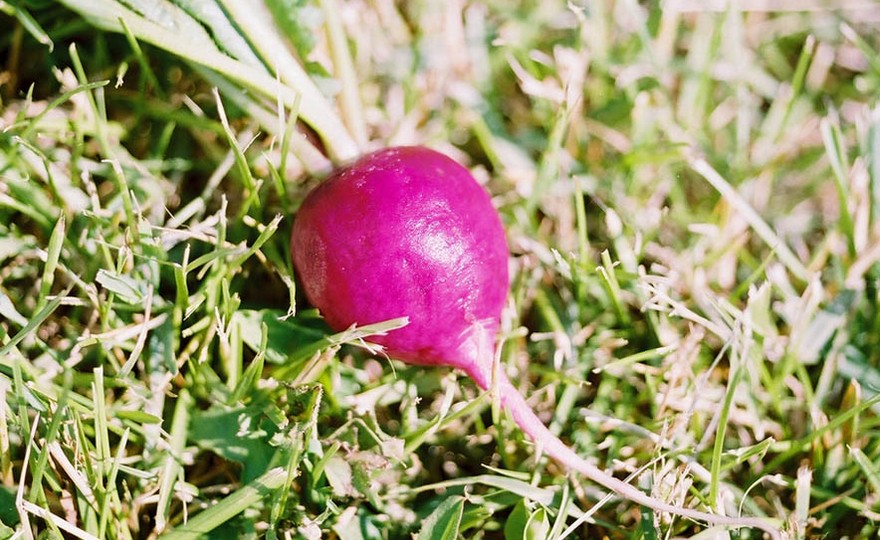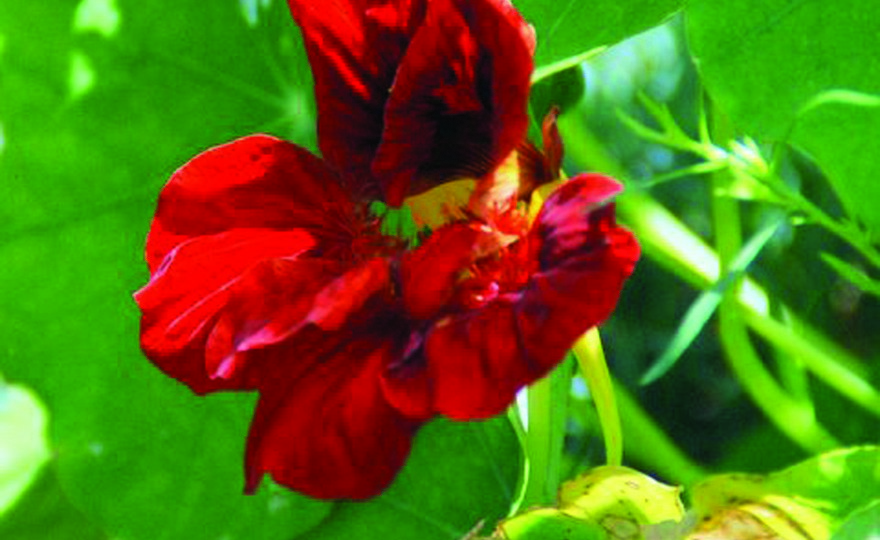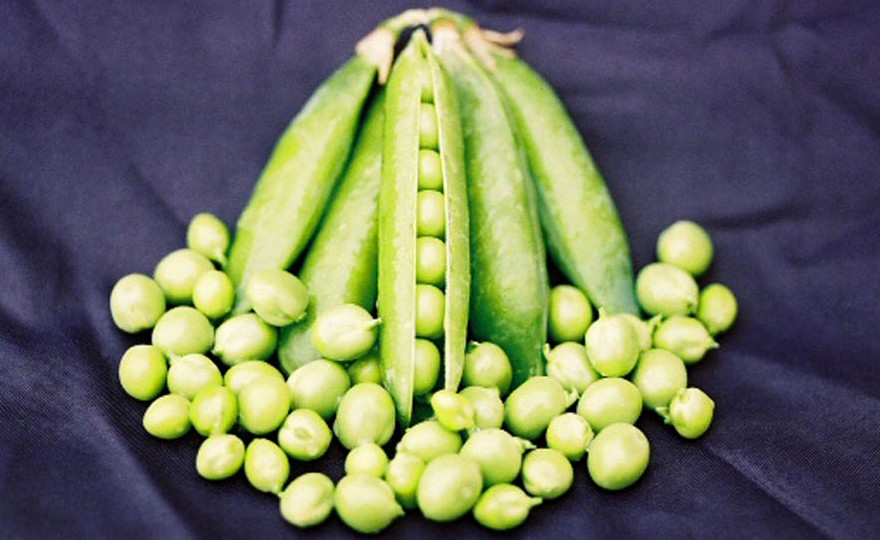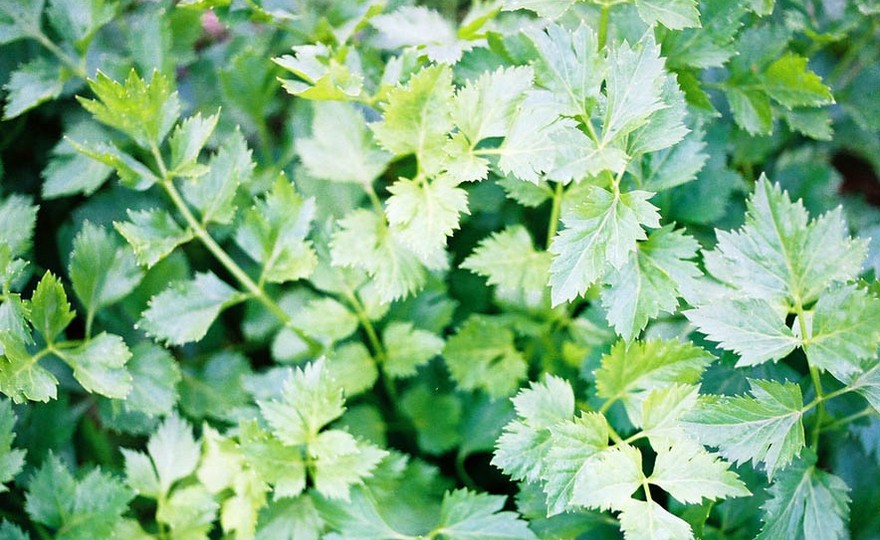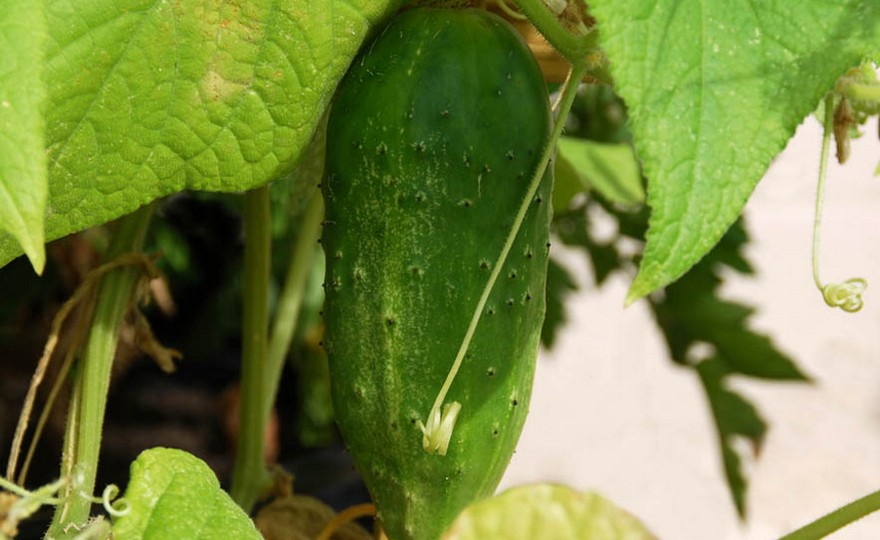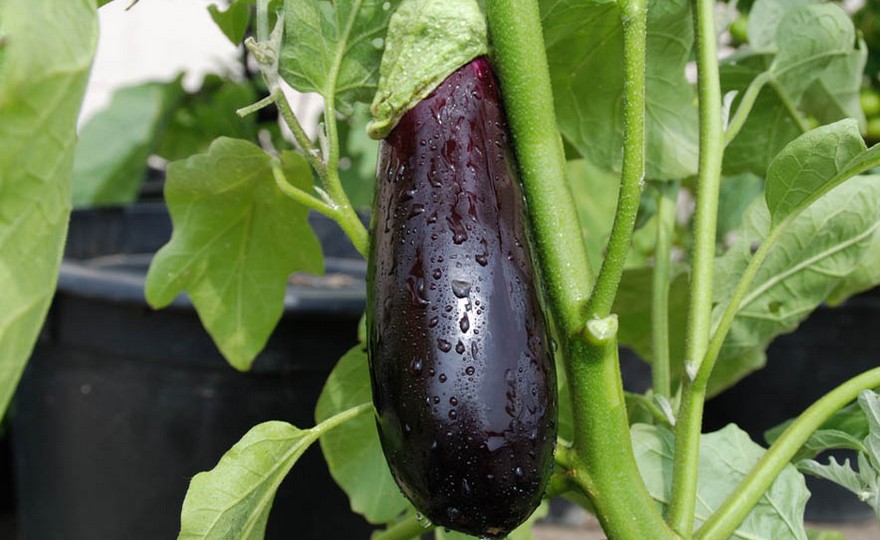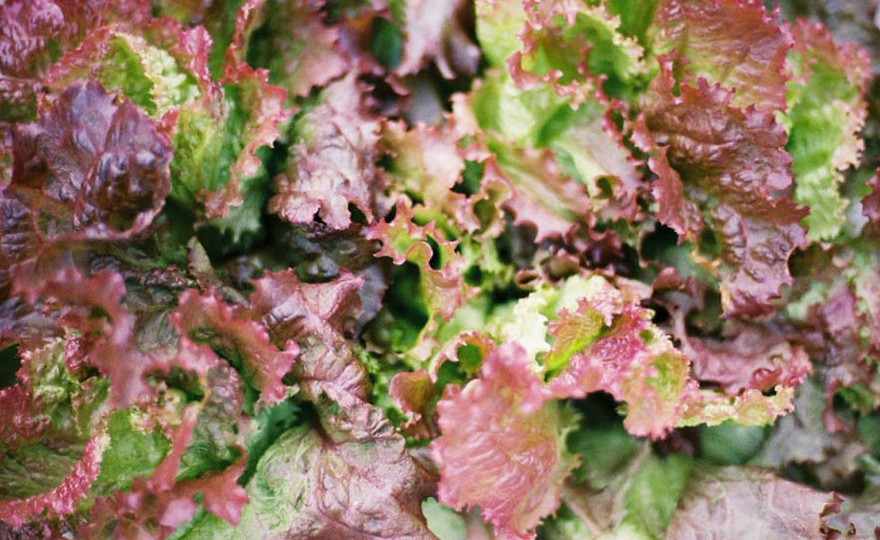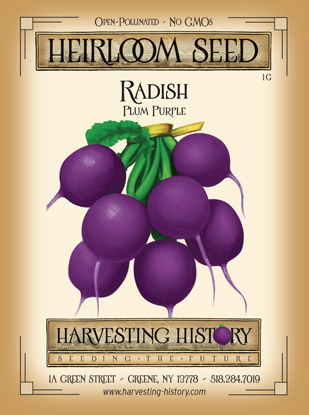
Radish, Plum Purple
-
- **SOLD OUT** HOLIDAY GIFTS **SOLD OUT**
- **SOLD OUT** Holiday Books **SOLD OUT**
- **SOLD OUT** Holiday Citrus **SOLD OUT**
- **SOLD OUT** Holiday Gift Certificates **SOLD OUT**
- **SOLD OUT** Holiday Paperwhites **SOLD OUT**
- **SOLD OUT** Holiday Praying Mantis Kits **SOLD OUT**
- **SOLD OUT** Holiday Tools **SOLD OUT**
- **SOLD OUT** Holiday Wildflower Mixtures **SOLD OUT**
- Citrus Trees
- **SOLD OUT** - Vegetable and Herb Plants - Mix & Match any 6 Plants for $50 - Only Shipped in Quantities of 6
- Elephant Ear Plants & Roots
- **SOLD OUT** 4-Inch Pot Herb Plants **SOLD OUT**
- Rare Plants
- **SOLD OUT** Vining Plants **SOLD OUT**
- Asian Seeds
- Beneficial Bugs
- Books
- Citrus Fertilizers
- Cold-Treated Bulbs - SEE BULBS FOR FALL PLANTING TO ORDER
- Cold-Treated Allium
- Cold-Treated Chionodoxa
- Cold-Treated Crocus
- Cold-Treated Hyacinthoides
- Cold-Treated Hyacinthus Orientalis
- Cold-Treated Narcissus
- Cold-Treated Cyclamineus Narcissus
- Cold-Treated Double Heirloom Narcissus
- Cold-Treated Jonquilla Narcissus
- Cold-Treated Large Cupped Narcissus
- Cold-Treated Poeticus Narcissus
- Cold-Treated Small Cupped Narcissus
- Cold-Treated Species Miniature Narcissus
- Cold-Treated Split Cupped Narcissus
- Cold-Treated Tazetta Narcissus
- Cold-Treated Triandus Narcissus
- Cold-Treated Trumpet Daffodils
- Cold-Treated Ornithogalum
- Cold-Treated Rock Garden Iris
- Cold-Treated Scilla
- Cold-Treated Tulips
- Cold-Treated Emperor Tulips
- Cold-Treated Fringed Tulips
- Cold-Treated Green or Viridiflora Tulips
- Cold-Treated Lily Flowering Tulips
- Cold-Treated Parrot Tulips
- Cold-Treated Peony Flowering Tulips
- Cold-Treated Single Early Tulips
- Cold-Treated Single Late Tulips
- Cold-Treated Species Tulips
- Cold-Treated Triumph Tulips
- Flower Bulbs, Corms and Tubers
- Bulbs for Spring Planting
- Bulbs for Fall Planting - ALL BULBS AVAILABLE ARE COLD TREATED FOR PLANTING AS SOON AS SOIL CAN BE WORKED
- Fall Blooming Bulbs
- Garden Tools & Equipment
- Gift Certificates
- HHH Exclusive Wildflower Mixtures
- Wildflower Mixtures
- Heirloom Garlic
- Potatoes
- Roots & Sets
- Seeds
- Flowers
- Herbs
- Vegetables
- **SOLD OUT** HOLIDAY GIFTS **SOLD OUT**
-
- No products to compare
-
75 in stock
Quick Overview
RADISH, Plum Purple –
Raphanus sativus
FULL SUN Native to China, where wild forms can still be found today, the radish was one of the first vegetables to be traded along the trade routes from Europe to Asia. Plum Purple is one of the nicest radishes available today. The 1 in. round roots are brilliant purple with creamy white flesh that has deliciously mild flavor. Is able to stay in the ground longer than other radishes. Plum Purple can be succession planted (replanting every 10 days) from early spring through early fall. In the spring, plant as soon as the ground can be worked. Soil should be deeply spaded before planting and amended with bone meal for stronger root development and lime to sweeten the radishes. Rows should be 6-8 in. apart. When seedlings are 2 in. high, thin, leaving 2 in. between plants.
| Type | Spacing | Planting Depth | Days to Germination | Maturity |
| All Season | 2 in. | 1/2 in. | 5-7 | 30 |

Radish, Plum Purple
Radishes originated in China, and in China, today, truly wild forms of the radish can still be found. The name, radish, comes from the Latin word, radix, which means “root” and specifically radish root. The genus name, Raphanus, is a Latinized form of a Greek expression raphanos which means “easily reared”. In prehistoric times, the radish spread to Middle Asia where many different forms were developed and soon after, the radish spread to the Mediterranean. Before the pyramids were constructed, ancient Egyptian writing show that radishes were being cultivated, and the ancient Greeks so valued the radish that they offered up little gold radishes to the god Apollo. The Romans also were familiar with various forms of the radish. In the middle ages, in both Europe and the Orient, a fascination with giant radishes was created. Giant radishes were described in Germany in the 13th century and a German botanist reported seeing radishes weighing 100 pounds in 1544. Small radishes were not recorded in Europe and Britain until after the middle of the 16th century, but by 1586, small radishes were common in throughout Europe and Great Britain. The radish was one of the first vegetables introduced into the New World. Radishes were already under cultivation in Mexico in 1500 and in Haiti in 1565. The radish quickly caught on in the Americas. Radishes are used in very different ways around the world. In China and Japan, most of the radish crop is pickled in brine, similar to the way we pickle cucumbers. In China some large radishes are grown for the oil in the seeds. In India, the rat-tailed radish is grown for its fleshy edible seed pods which reach a length of 8-12 inches, and in Egypt, one type of radish is grown for its top greens only.

